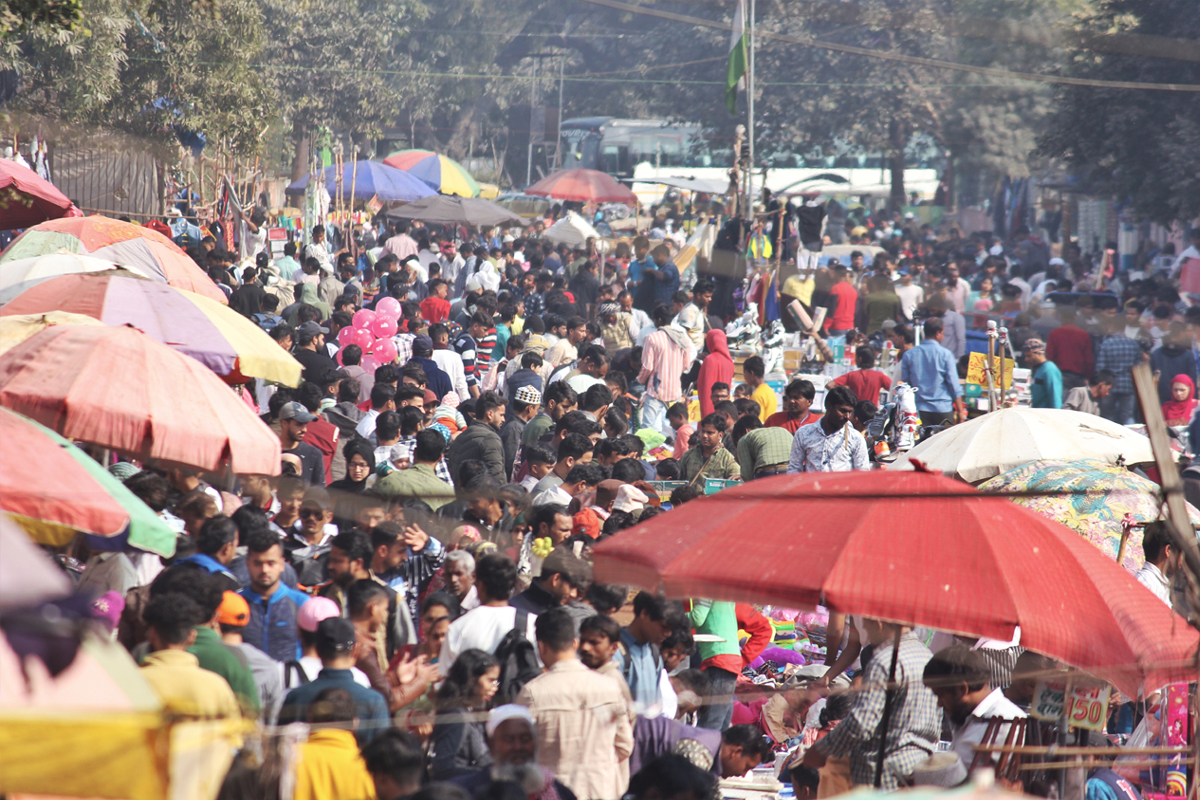

The ordinary Muslim cannot be very vocal about his or her views because of the Takfiri culture practised by ever increasing groups and individuals

These are very trying times for ordinary Muslims. On one hand, there is the baggage of the Partition, a self-inflicted injury by elite Muslims who then stayed behind as the reality of the New Islamic State became clear. It is baggage that those who were not even born then must answer for, in the current charged atmosphere of the country.
On the other hand, there are the terror groups like ISIS, the Taliban, al Qaeda, Hizbul Mujahideen, Hamas and extremist groups like the Muslim Brotherhood, the Wahhabis, the Salafis and every version of Islamist ideology in the enigmatic Tablighis, the shady Deobandis, and the non-committal Barelvis – all of whom loudly proclaim they take inspiration from the Quran and the Prophet’s life, both very dear to millions of ordinary Muslims.
These two realities of the common, peaceful Muslim are juxtaposed amidst a surging Hindu nationalism that is fed up with Muslim appeasement, one-sided secularism and ‘negationism’ of Islam (concealing the record of Islam in India) and is not going to tolerate and hasn’t tolerated any vote bank politics since 2014 by “secular” political parties.
There is a lot of debate likening Hindu nationalism to aggressive Hindu-ness or Hindutva and like any other movement, it will bring forth extremists of all hues, just like Islamism. Recently, there were calls for an economic boycott of Muslims by speakers addressing protestors in the ‘Hindu Jan Aakrosh Morcha’ rallies across Maharashtra. This is a solution advocated by some outspoken Hindus amidst the disputed ‘love jihad’ and ‘land jihad’ allegations by Hindu journalists and analysts; bitterly contested by the Muslim intelligentsia.
The honour of Prophet Muhammad has always been an emotional subject for Muslims around the globe. The Muslim Brotherhood, a transnational Sunni Islamist organisation founded in Egypt in 1928 by Islamic scholar and schoolteacher Hassan al-Banna, is steering its agenda under the garb of protecting the Prophet’s honour.
One of the targets of the Brotherhood is India. Besides India, it is also running a slander campaign against Hindus working in the Gulf. India was made a target of malicious propaganda after then BJP spokesperson Nupur Sharma remarked upon the Prophet during a live TV show in response to a provocation by a Muslim panellist in the discussion. A campaign was also run in Arab and Gulf countries that Indian products must be boycotted, and Indian envoys be expelled.
Between these two binaries, the common Muslim must make up his or her mind, decide his or her allegiance and mould his or her perspective depending on the individual level of freedom the said person has. Then proclaim it loudly to establish his credentials with the ummah or tribe if he or she doesn’t want to risk ostracism within the community.
Of course, loyalty to the ummah is first and foremost, but there are pious and spiritual Muslims or rational, agnostic ones who look at the mounting evidence of Islamist violence and use personal reasoning to conclude that morality and faith cannot be about violence and extremism or othering non-Muslims and cultures. Hence, these are very trying times for common Muslims of all hues on the faith spectrum – from pious, namaz offering, skull cap or hijab wearing believers to outright agnostics and atheists.
The reality of lakhs of Indian Muslims is the caste system, with elite Muslims, almost entirely from political families, dominating the narrative, reminiscent of 1940s British India, in the run-up to the creation of Pakistan. This is a mistake lakhs of Indian Muslims do not want to repeat, especially given that the digital age is now in their favour and can document the resistance to Muslim separatism, something limited in the pre-Partition era; when the creation of the New Medina (Pakistan) was being shouted from rooftops and in the Urdu press and the lower caste Pasmandas were fighting unsuccessfully for political representation.
The ordinary Muslim cannot be very vocal about his or her views because of the takfiri culture practised by ever increasing groups and individuals – the certificate of “good Muslim” or ‘Sarkari Mussalmaan’ or ‘house Negros’ or ‘native informants’ being dished out left, right and centre to those dissenters who don’t fit their narrative and agenda. Then there are the foreign-funded ‘agenda groups’ or ‘fact-checking’ vulture activists with their online troll armies who embolden this takfiri culture, silencing the one who dares to stick his or her neck out to call them out on their hypocrisy and shady deals.
How is an ordinary Muslim able to survive this onslaught on his or her identity, his or her views, his perspective, and his reasoning? He or she is under immense pressure to denounce the anti-Muslim bigotry, rightfully so, but cannot face his or her conscience and, in many cases, his or her God for the silence about Muslim extremism of all shades. Caught between threats to his or her livelihood, and worried about the backlash if similar threats to ordinary Indians in the Gulf countries turn real, the common Muslim was never in a precarious position like this even in the 1940s. Or was s/he?
Arshia Malik is a Delhi-based writer, blogger and social commentator
Disclaimer: Views expressed above are the author’s own